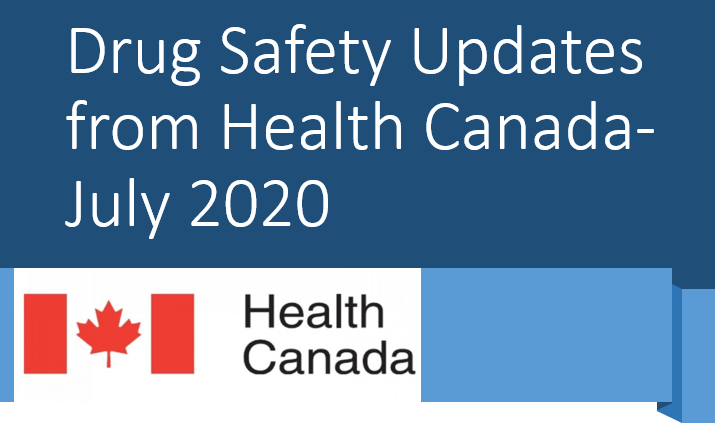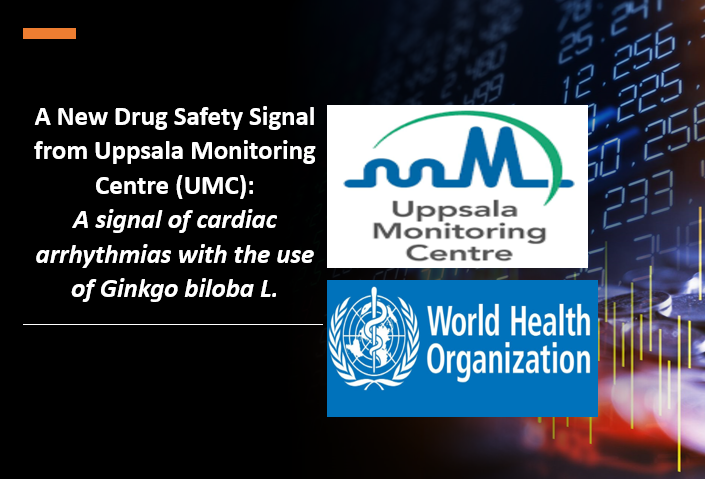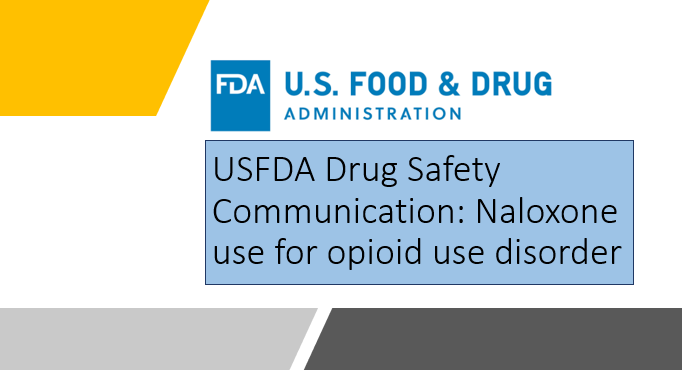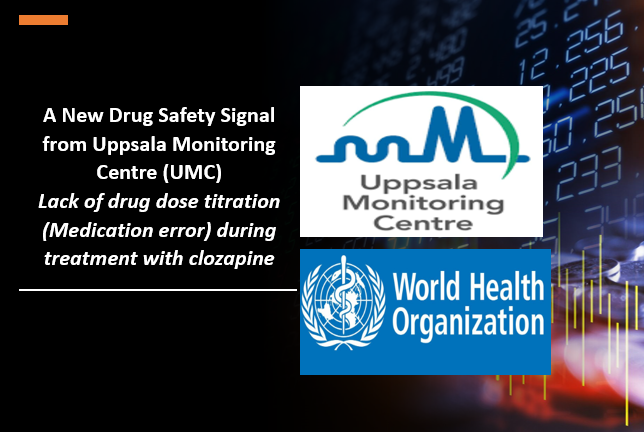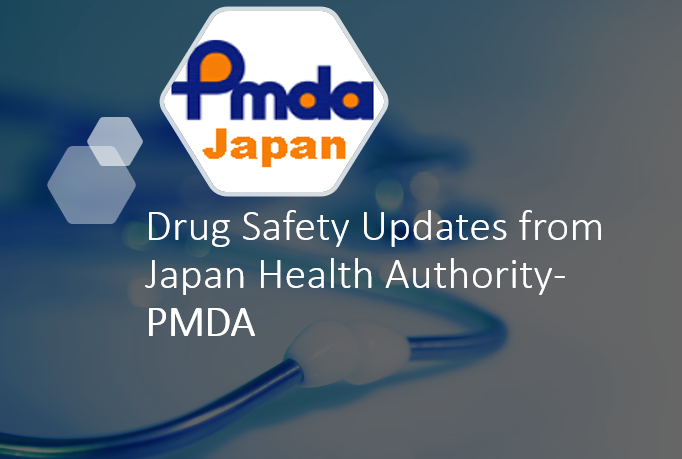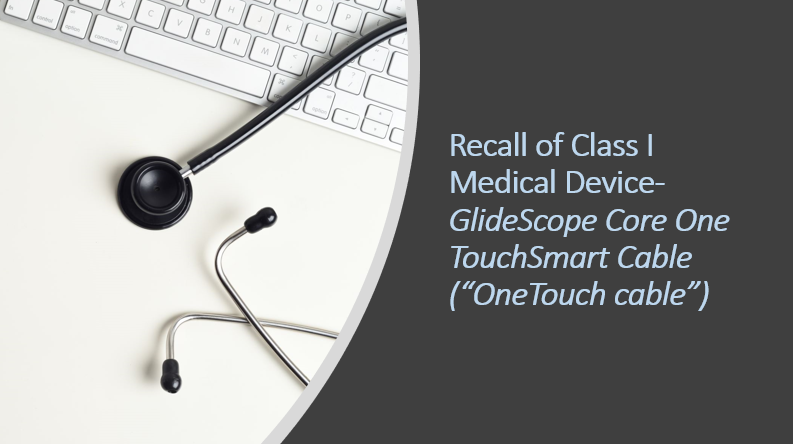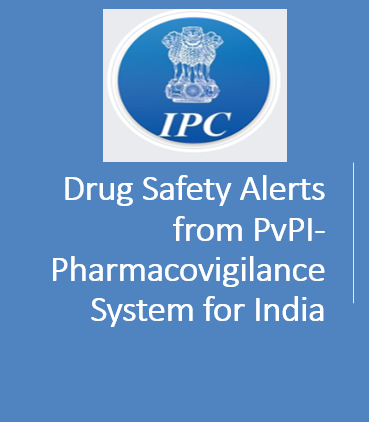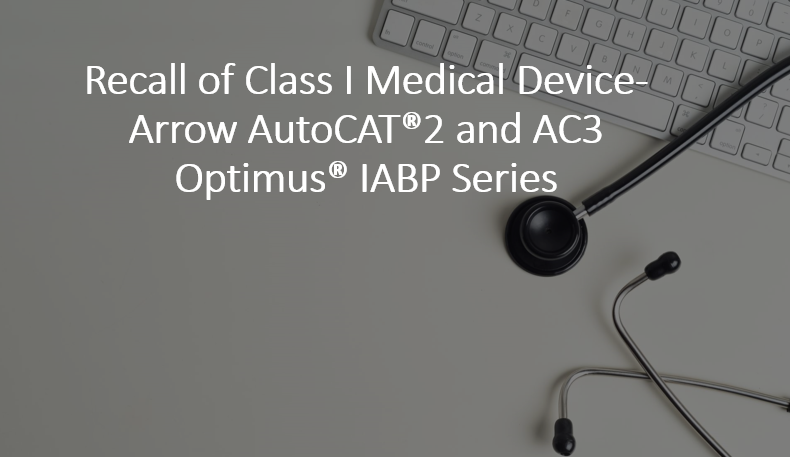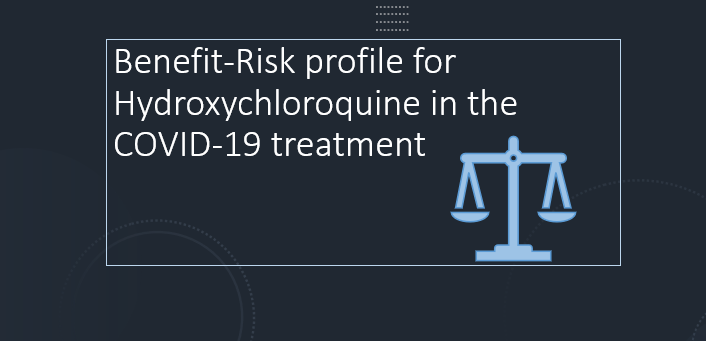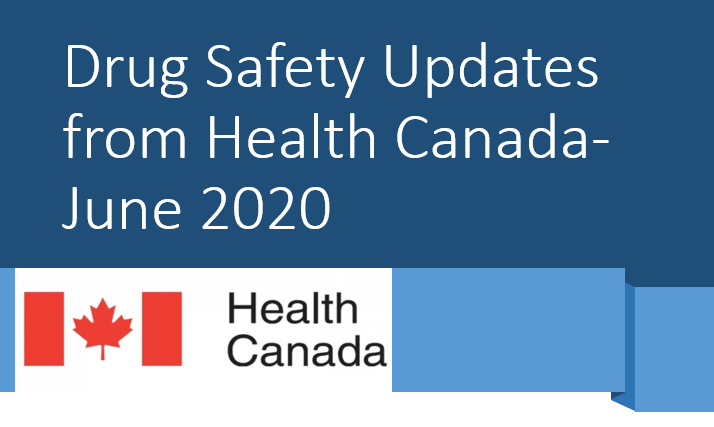Drug Safety Updates from Health Canada-July 2020
Health Canada has published new drug safety information to raise awareness to health care professionals and public about the below safety concern which recently made safety labelling changes for the product monograph. –Health Product Info Watch –July 2020. The safety topics discussed below in brief. Risk of cerebrovascular accidents with ibrutinib Severe 6-mercaptopurine toxicity associated…
